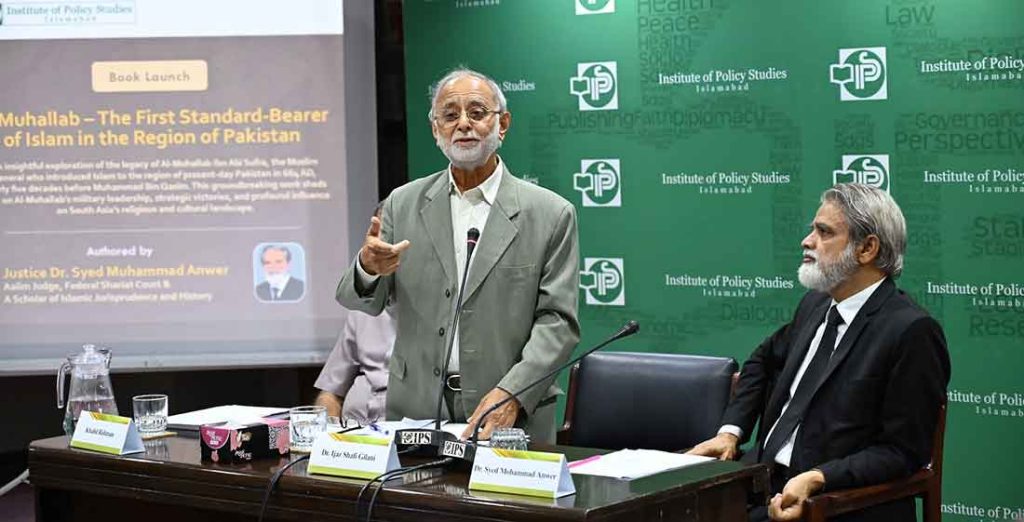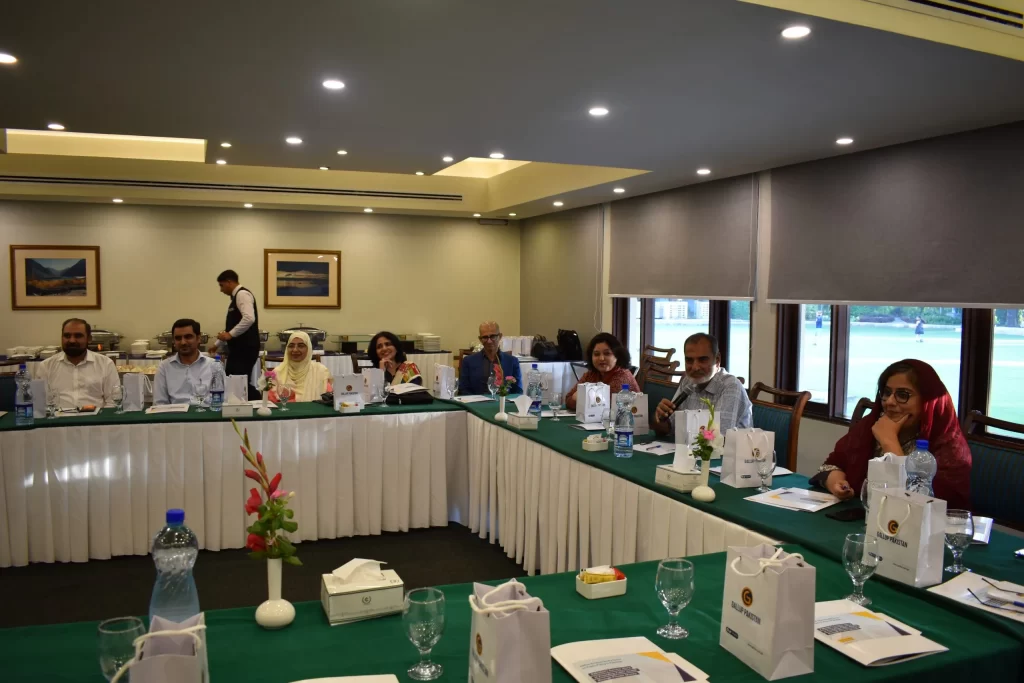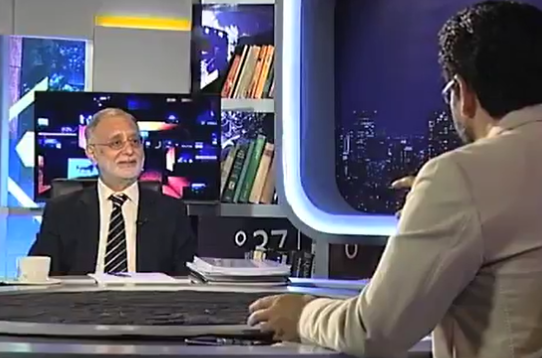Book Review – The Ritual of Elections in Pakistan (1970-2018)
The Ritual of Elections in Pakistan (1970-2018): A Process without a Product by Dr Ijaz Shafi Gilani Lightstone Publishers 2024, 255pp Reviewed by: Dr Niloufer Siddiqui, University at Albany-State University of New York Download PDF In The Ritual of Elections in Pakistan (1970-2018), Ijaz Shafi Gilani, social scientist and founder of the polling firm Gallup Pakistan, employs a wealth of survey data collected over 25 years to offer a compelling account of voting behavior and party-voter linkages in Pakistan. Through close analysis of Pakistan’s national elections, the book examines the myriad challenges and (smaller) successes that define the country’s complicated relationship to democracy. The data alone makes this book an exemplary addition to existing empirical work on politics in the country, and the work is further strengthened by Gilani’s ability to identify trends and patterns which carry lessons about Pakistan’s possible future trajectory. Organised into two parts, the book first examines in detail the two key actors involved in electoral politics in Pakistan—the Pakistani voter and the political parties that contest elections—before moving into 11 shorter chapters, with chapters dedicated to each election which has occurred in Pakistan since 1970. The book seeks to unpack voting behaviour by examining how individual voting decisions have changed over time. For elections between 1993 and 2018, Gilani provides exit poll data in which respondents are asked after casting a vote, “Would you tell us the most important reason which led you to vote for the candidate for whom you have just voted for the National Assembly?” The data is instructive in many ways. On the one hand, we find marked continuity in the importance of some variables in explaining political behaviour, such as voters casting their vote due to the perceived “competence” of a candidate. At the same time, we see the increasing importance of such factors as a candidate’s role in furthering the development of a locality. Understanding the relative importance of various factors in voting decisions is a particularly relevant question in today’s context as policy-makers and scholars alike seek to understand the appeal of the Pakistan Tehreek-e-Insaaf (PTI) and its leader, Imran Khan: specifically, the extent to which traditional explanations steeped in patronage politics versus partisan or ideological factors best explain today’s national politics. The Ritual of Elections of Pakistan gets us closer to an answer. By examining how and why supporters of different political parties vote the way they do, readers can see the distinct factors which drive the behavior of individual party voters. The results challenge some conventional wisdom. For example, exit poll data demonstrate that PTI voters are more likely to cast a vote on the basis of promises of patronage than out of party loyalty. This suggests that, despite much media and scholarly attention on partisan politics and the appeal of Imran Khan’s leadership and ideology, at least part of the PTI’s success is explained by its reliance on traditional means of voter mobilisation, including choosing electables as party candidates. At the same time, much of the data also confirms anecdotal evidence. For example, exit poll data demonstrates that PPP voters are on average less well-off and less educated than supporters of other parties, while the PTI’s supporters tend to be richer and better educated on average. These findings may appear contradictory on the face of it but potentially highlight the manner in which the PTI is utilising two voter mobilisation strategies simultaneously—one based on traditional means of patronage and reliance on local elites and the other emphasising ideology and partisanship—across different constituencies in society in order to maximise its possibility of success. In addition to voting behaviour, the book provides insight into the creation of party-voter linkages and the internal functioning of political parties. In addressing the former, the book explains that parties are able to form “vote banks” through linkages formed at various tiers of political power—from the neighbourhood level, where the role of the “local political entrepreneur” is important, all the way to the formal layer, which encompasses the party’s leadership. Highlighting the internal organisation of parties demonstrates how the party as a unit works in tandem with existing local power structures to appeal to voters and create vote banks. The book’s discussion of the important figure of the electable, “a one-person political entity” (34), is particularly insightful in this regard. This discussion would have been further strengthened with direct engagement with existing work on democratic actors and political parties in the country, for example Mariam Mufti and Hassan Javid’s work on party heavyweights and loyalists versus constituency politicians (Javid & Mufti 2020). Part 2 is organised according to successive elections, first providing historical background and exploring the context in which the elections occurred before turning to an analysis of the results. Unsurprisingly, given the data that is available, there is more information about the more recent elections than the earlier ones. Each chapter also contains a section entitled “Tensions between elected and unelected,” which collectively highlight the manner in which Pakistan’s quest for electoral democracy has been thwarted by the role of unelected institutions, most notably the military. Indeed, the question of the omnipresent military is addressed directly early on in the book, when Gilani asks rhetorically in the preface, “if most elections have been accused of being fixed and flawed,” why write a book on the electoral history of Pakistan? Yet, while the book gives the powerful institution of the military its place in the narrative, it does not get overwhelmed by the institution either. This marks the book as distinct from other works of a similar genre, where the role of the Pakistan voter and political party is often ignored or viewed as entirely malleable by the military. Like all good books, The Ritual of Elections in Pakistan, helps pave the way for future analysis and study. One such area for future study would be greater analysis on why voting behavior is changing over time. It would also be useful to examine whether any aspect of the survey methodology itself affects survey results. Research (including my
Book Review – The Ritual of Elections in Pakistan (1970-2018) Read More »





